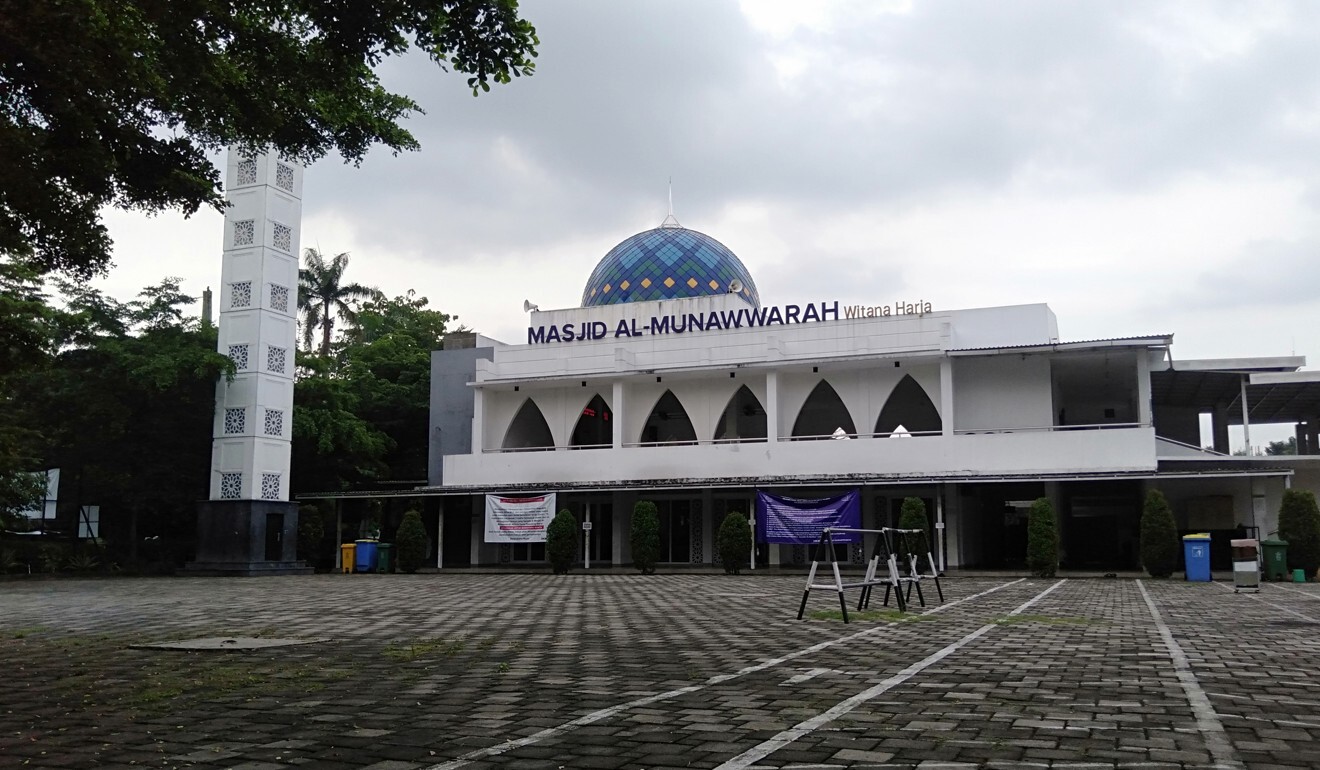
Indonesia’s melancholy Ramadan echoed in Singapore, Malaysia amid coronavirus lockdowns
- In Indonesia, the world’s most populous Muslim country, hundreds of millions are unable to congregate during the holy month of Ramadan
- Muslims in neighbouring Singapore and Malaysia are also having a more solemn Ramadan as Covid-19 social distancing rules are enforced

Indonesia on Friday embarked on the most melancholy Ramadan in its modern history, as hundreds of millions of the faithful in the world’s most-populous Muslim nation endure mandatory shutdowns of mosques and other religious gatherings because of the Covid-19 pandemic.
In normal times, many Indonesian Muslims would flock to their local mosques for evening prayers on the night before the fasting month, which began on Friday.
The weekly Friday prayers, an obligation for Muslim men, are also cancelled, as are evening prayer gatherings and fast-breaking ceremonies for the foreseeable future.

Christian, Hindu, and Buddhist populations have also been affected by the shutdowns.
The country, now an emerging democracy, has not seen such severe social restrictions since its bloody political and military crisis of the mid-1960s, which led to three decades of military-backed authoritarian rule.
Given the current government health guidelines, Indonesians of all faiths in most regions must pray at home and stay at home as much as possible. But the guidelines particularly affect Indonesian Muslims given the arrival of Ramadan, and then Idul Fitri celebrations in late May. Provinces have enforced restrictions on large gatherings.
Some clerics have pushed back against the restrictions, with thousands reportedly attending Thursday evening prayers in Aceh province.
“Covid-19 is not our will. This is God’s will and destiny. May Allah protect us from this virus. Although there are many pros and cons,” said Faishol Abdul Aziz, Imam of Mosque Al-Munawwarah, in Tangerang, just outside Jakarta.
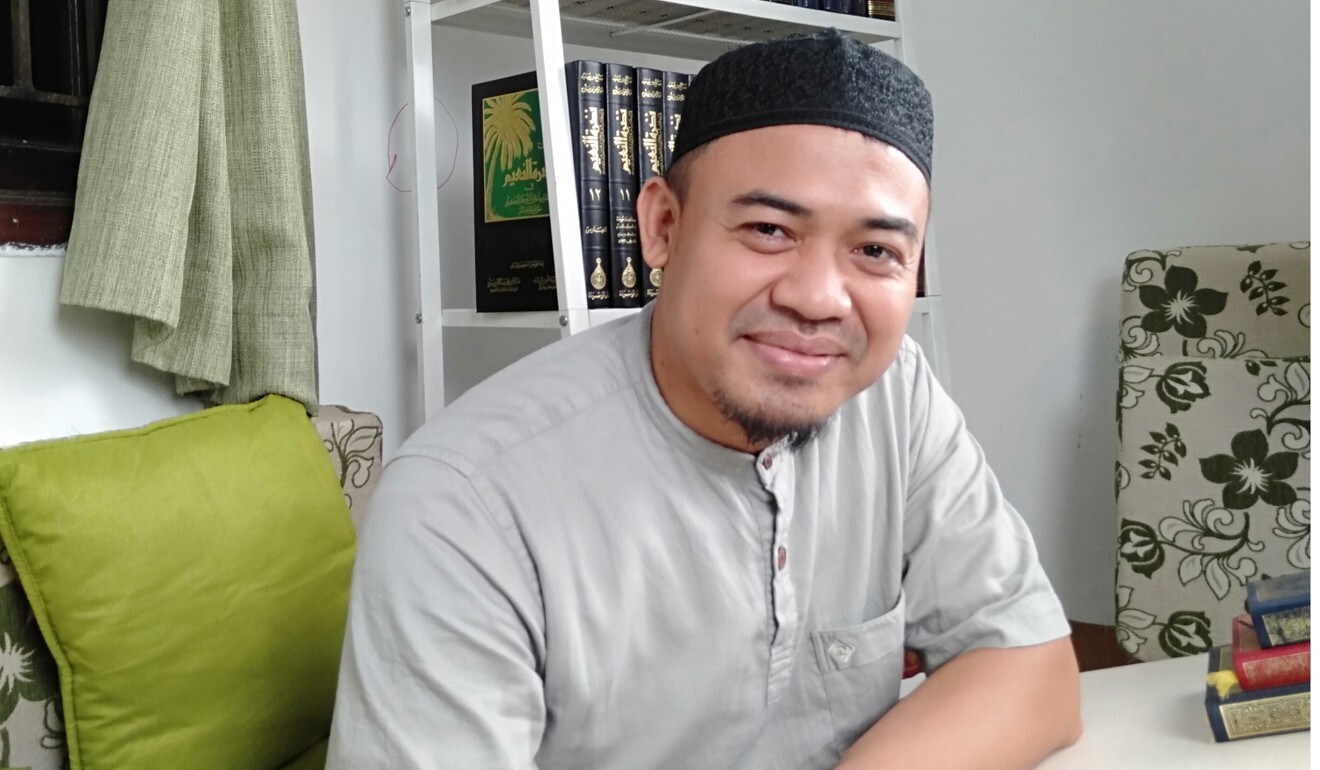
He also supported the recent national government order banning tens of millions of Indonesians from making the traditional annual trip from urban areas to rural towns and villages. Television news reports have shown throngs of crowds ignoring social distancing as they board buses and ferries in a mad dash to get back to their home provinces to be with their families for Eid-ul-Fitr, which marks the end of the fasting month.
On Friday, Indonesia suspended domestic air and sea travel until May 31, only making exceptions for international flights for foreigners returning to their home countries.
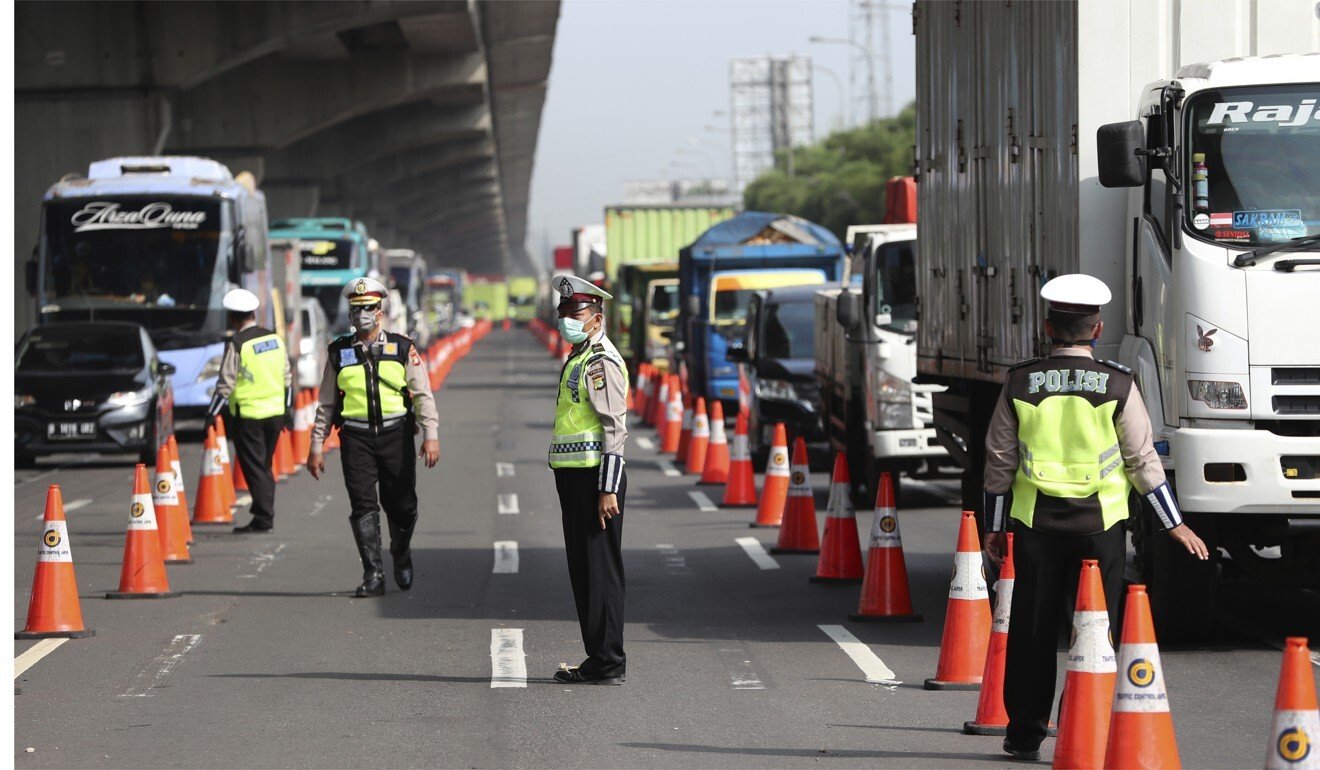
“We are only asked to be patient, so that we stay away from transmission. God willing, next year we can go home again, with Allah’s permission,” Aziz said.
On Indonesian social media, a viral clip showed an irate Islamic imam illegally bursting into the home of a Christian family last Sunday as they were praying together, given that their church was closed. The Islamic cleric, backed by a local thug, was not wearing a face mask or abiding by any locally mandated health requirements.
Outside the mosque on Thursday evening, people milled about, resigned to the fact that they were unable to carry out their pre-Ramadan prayers, as well as the regular Friday prayers or any other mosque gatherings. They went home.
“We agree with the implementation of the PSBB, in order to break the chain of transmission of the coronavirus, so that it can quickly end,” said Rudy Kustyawan, 51, a financial analyst, referring to the government’s semi-shutdown order by its acronym.
“To this day, I have not received my salary this month. So, I don’t know yet. Frankly, I’m a little worried. Maybe I will get only half the salary for example. I hope not,” he said.
Indonesia on Friday reported 436 new infections, taking its total to 8,211, with 689 deaths. It has the second-highest number of cases in Southeast Asia, after Singapore.
Analysts have warned though that because its social distancing measures are less punishing than those of its neighbours, Southeast Asia’s largest economy, worth US$1 trillion, will take longer to recover.
More than two-thirds of Indonesia’s 270 million people are only under voluntary isolation and President Joko Widodo has rejected calls for a complete lockdown, citing the impact on jobs and businesses, and opted instead for a ban on gatherings of more than five people.
The Indonesian capital Jakarta, which has the most infections, is under a partial lockdown, with its Governor Anies Baswedan earlier this week threatening to slap fines on employers who did not comply with work from home orders.
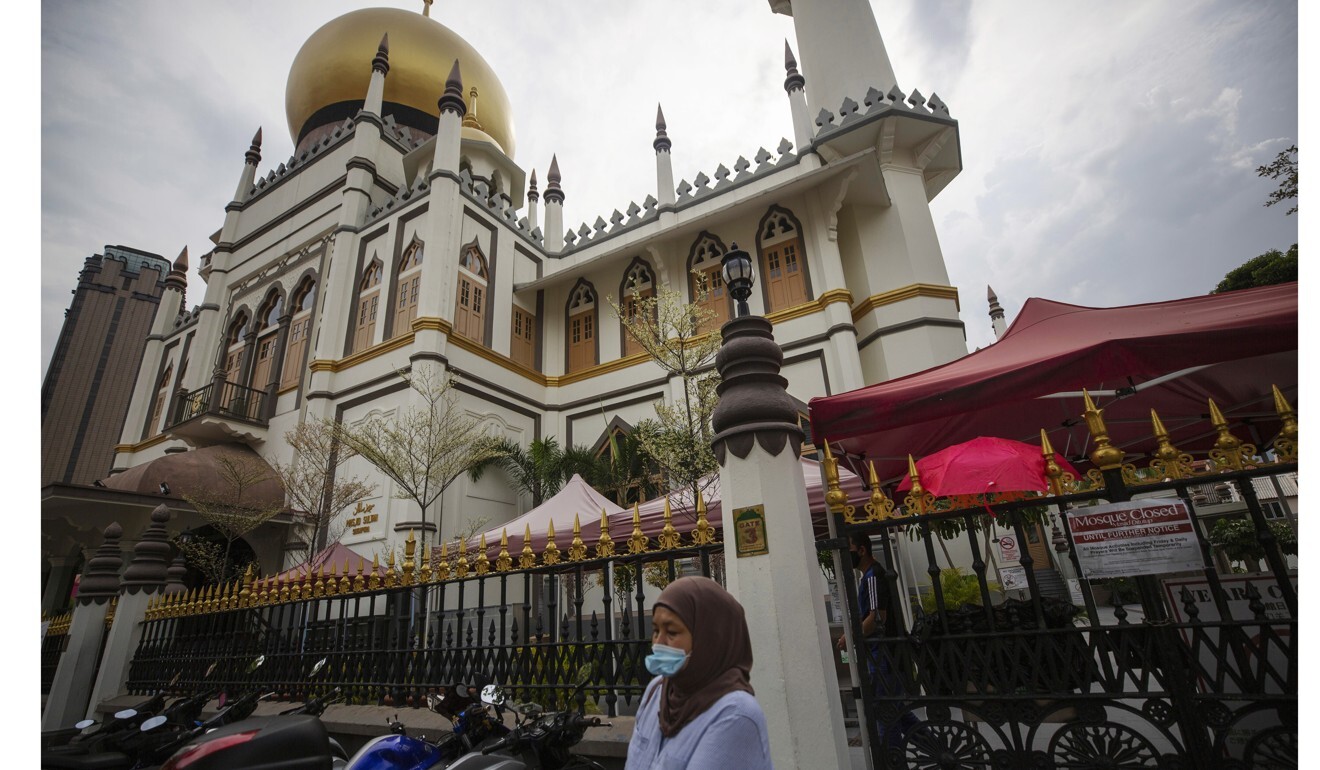
SINGAPORE
Muslims in neighbouring Singapore and Malaysia are also having a more solemn Ramadan. In Singapore, where 15 per cent of its 5.7 million population are Muslim, mosques have been closed since mid-March. The city state’s partial lockdown ends on June 1, which means Muslims will not be able to gather for prayers and to break fast during Ramadan, with an annual bazaar selling food and homewares ahead of Hari Raya Idul-fitri also cancelled.
Singapore Mufti Nazirudin Mohd Nasir acknowledged the “grief” that Muslims would feel but said the core activities of the holy month remain.
“If you strip the month of all the additional activities, you will find that it is essentially about the act of fasting and also helping the poor and the vulnerable,” he told local media.
The Mufti and his team have produced online content to assist foreign workers affected by the outbreak, and will be providing religious guidance for them. Foreign workers form roughly 80 per cent of Singapore’s Covid-19 cases and a portion of the workers are Bangladeshi Muslims.
Authorities have also ensured that Muslim workers quarantined at the dormitories have what they need for Ramadan, including prayer mats and essentials for breaking fast, such as dates.
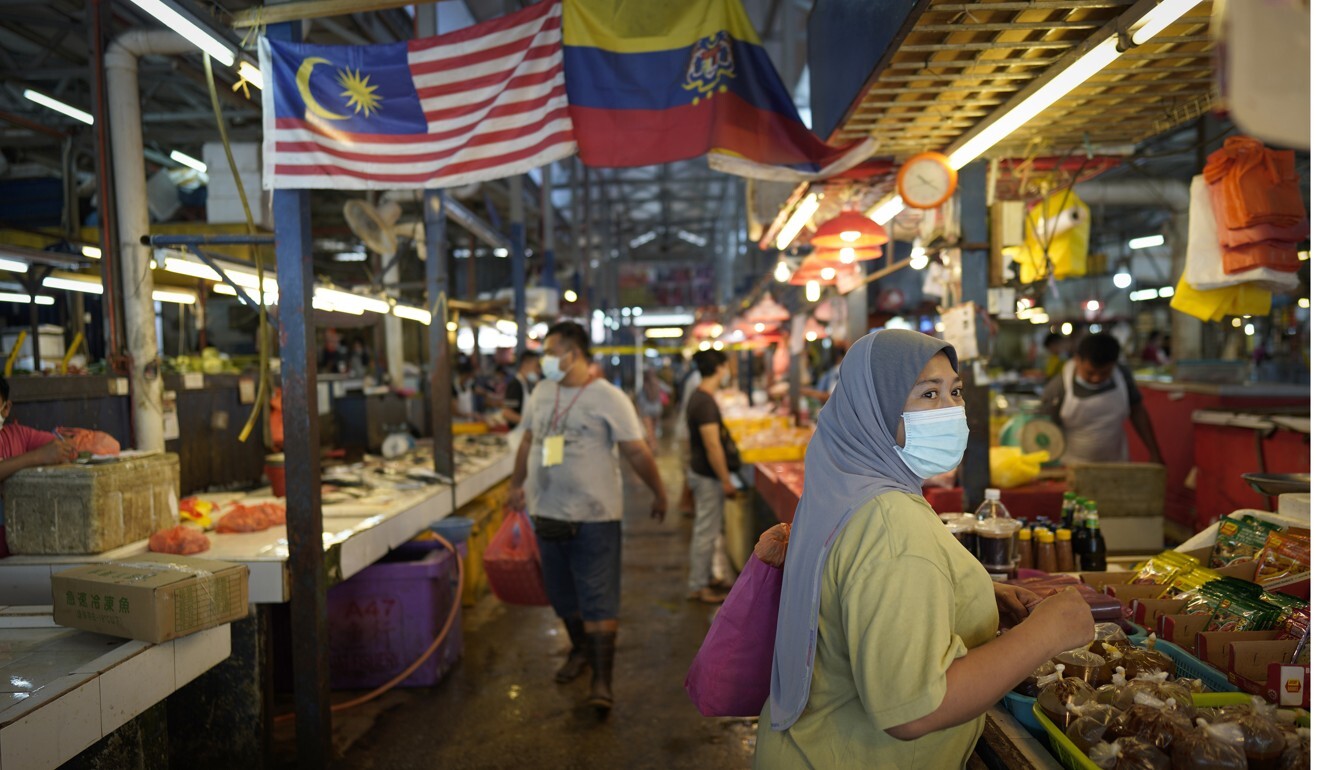
MALAYSIA
In Malaysia, the first day of Ramadan was a muted affair because of the Covid-19 lockdown, which is slated to last until mid-May with a high possibility of extensions.
In his Ramadan message, Prime Minister Muhyiddin Yassin warned that Malaysians may not be able to return to their hometowns to celebrate Eid.
“We cannot go to Ramadan bazaars to buy meals to break fast, we cannot go to the mosques to pray. Pray at home with your families. This is the reality,” warned Muhyiddin in the televised address.
The closure of non-essential businesses has also made preparing meals more difficult. Grocery stores were packed earlier this week with Malaysians stocking up on food, as going to 24-hour eateries like the nation’s ubiquitous open-air Indian Muslim stalls for the dawn meal is no longer viable.
“One thing’s for sure, we’ve got to plan ahead for groceries and meals especially since it’s not advisable to leave the house so often,” said Nadhirah Badardin, who lives in the Netherlands but was visiting her family in Malaysia when the lockdown was announced, meaning she could not leave.
“For my mom, the nightly terawih prayers are quite important to her, and she makes it a point to go to the mosque most nights of Ramadan. So she’s quite bummed out because she can’t do this any more, but because her sisters are staying with her we pray together at home,” she said.
Additional reporting by Bloomberg, Kok Xinghui and Tashny Sukumaran